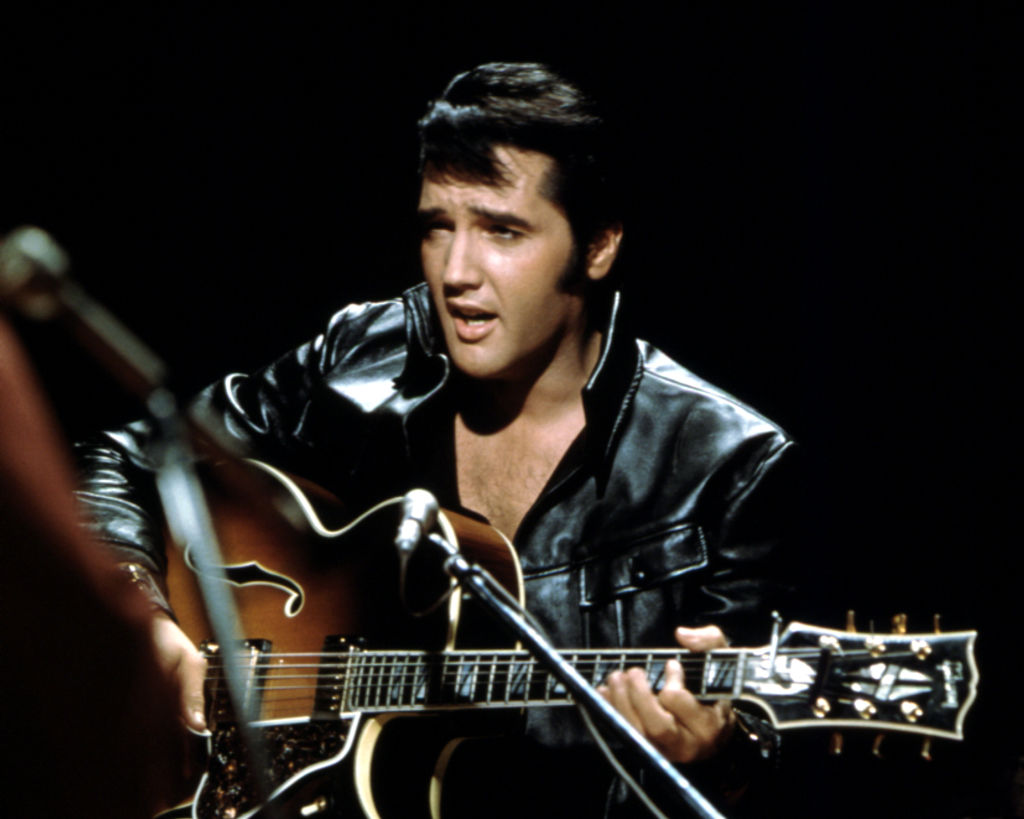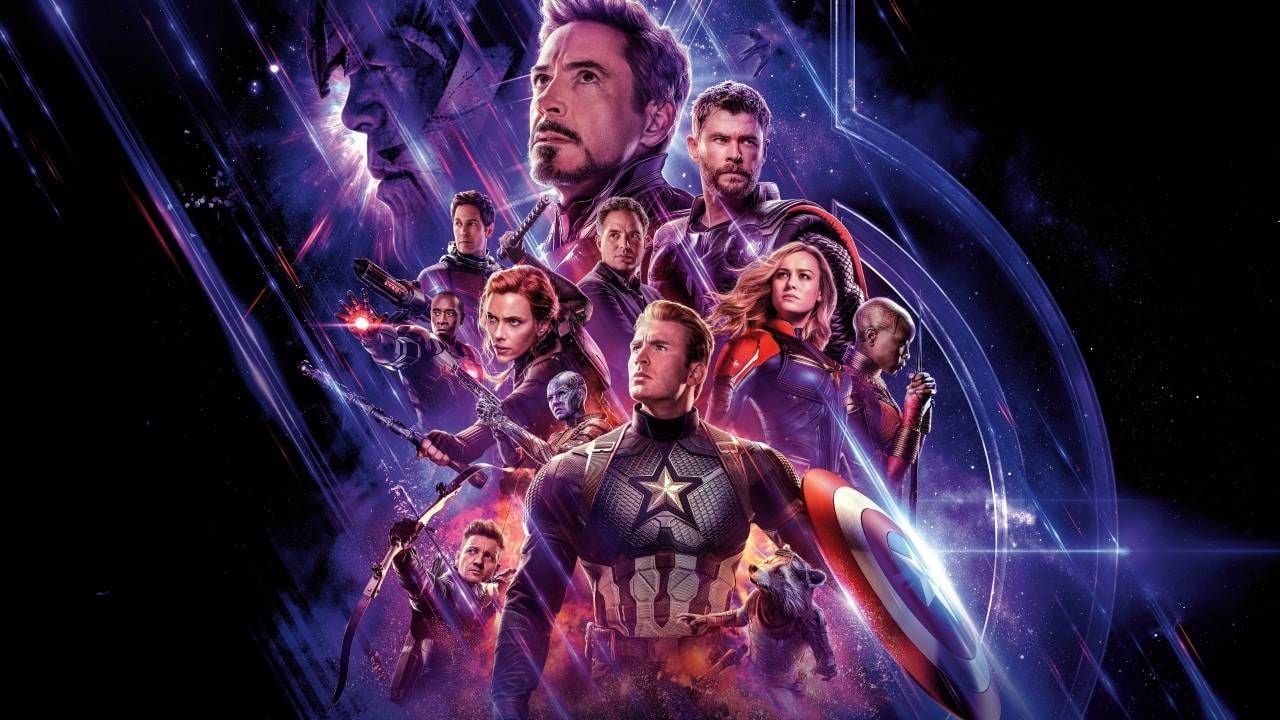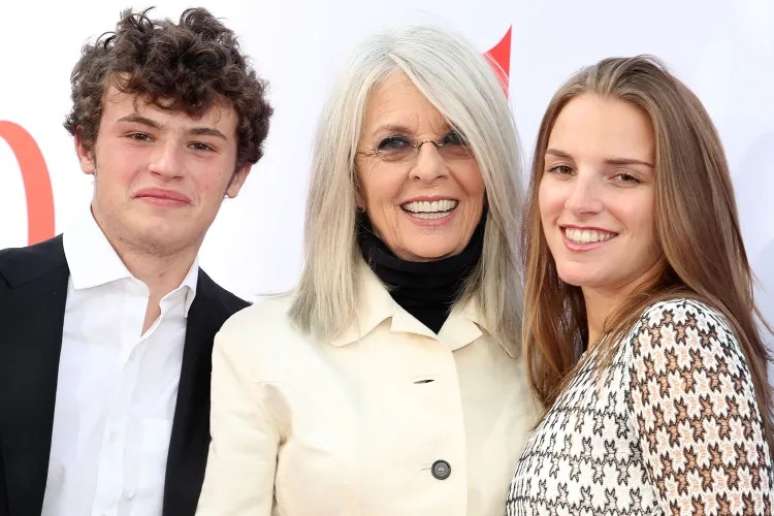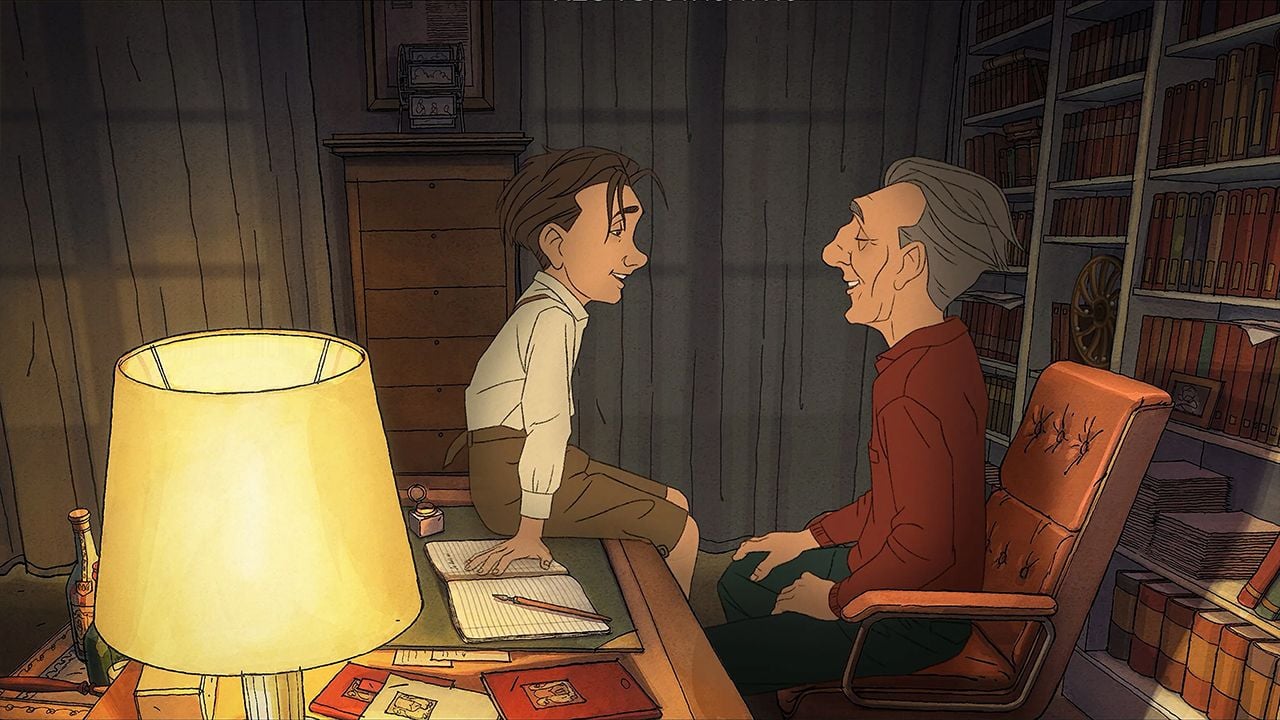In the universe of “The Discovery“, available at Netflixscience fiction intertwines with deep philosophical questions, evoking a reflection on modern society. In a world where exhaustion and disorientation are almost endemic, many seek quick and convincing solutions to escape death. However, as one would say Nietzschethis search for a purposeless existence can end up annihilating us.
Death as a Recurring Theme in Cinema
The theme of death has always found fertile ground in cinema. From “Ghost — On the Other Side of Life” the “The Others“, passing by “The Mystery of the Dragonfly” and “The House of Spirits“The idea of overcoming the fear of the end is a constant. These films not only explore death as an inevitable event, but also question whether it is fair to give a second chance to those we love.”The Discovery” takes this line and takes it to a new level by introducing the interference of artificial intelligence into the equation.
The Discovery That Changed Everything
Charlie McDowell’s second feature, “The Discovery,” is an ambitious foray into science fiction. The film features Robert Redford as Dr. Thomas Harbor, a scientist who, visibly tired, discovers something that shakes the foundations of society. This tiredness, however, is not merely physical; he seems to carry the weight of a discovery that, as Nietzsche would say, kills God and places man at the center of the universe, but without offering any meaning for this new position.
The Impact on Society
As soon as Harbour’s discovery is revealed, society collapses. Suicide rates skyrocket, as people become desperate to experience the “afterlife” that the scientist promises. Here, the film touches on an open wound: the way in which humanity, in its relentless search for answers, can create monsters. Harbour’s idiosyncratic behavior, brilliantly played by Redford, only intensifies this sense of collective despair.
Family Relationships and Internal Conflicts
The arrival of Harbor’s son Will, played by Jason Segel, adds a layer of tension to the narrative. The relationship between father and son is marked by conflict, mainly due to Harbor’s controversial activities. On a ferry trip that symbolizes the crossing between the known and the unknown, Will meets Isla, played by Rooney Maraan enigmatic figure who mirrors his father’s coldness. The interaction between them is as tense as the atmosphere that permeates the film.
Noir Aesthetics and Immersive Photography
McDowell’s choice of a noirish mood, heightened by Sturla Brandth Grøvlen’s cinematography, contributes to the film’s sense of mystery. There is a deliberate distance between the viewer and the events on screen, as if we are observing everything through a dense, oppressive fog. This seemingly impenetrable barrier is a visual metaphor for the characters’ disconnection from reality, something Nietzsche described as a departure from “objective truth.”
The Suicide Pandemic
The explosion of suicides caused by Harbor’s discovery is being treated almost as a pandemic, challenging the ability of governments to respond. Some, in desperation, are even encouraging the use of Harbor’s new method to ease the pressure on health and social security systems. This resonates with Nietzsche’s idea that when all traditional beliefs are destroyed, man is forced to find new ways of dealing with reality, often in destructive ways.
Conflicts and Family Dynamics
The conflicts between Will and his brother, Toby, played by Jesse Plemonsgive the film a dynamic that goes beyond science fiction. Toby, an enthusiast of his father’s research, is the counterpoint to Will’s skepticism. However, the film does not delve too deeply into the romance between Segel and Mara’s characters, preferring to focus on family tensions and the philosophical implications of Harbor’s discovery.
Science Fiction and Philosophy: A Powerful Combination
“The Discovery” reaffirms the potential of science fiction as one of the most fertile genres for exploring philosophical questions about life, death and rebirth. The film challenges the viewer to question their own beliefs and to consider the ethical and moral implications of a discovery that could forever alter the course of humanity.
Reality and Illusion: Life After Life
In the end, “The Discovery” presents a disturbing vision of the afterlife, where the line between reality and illusion is dangerously thin. The characters, trapped in their own memories and fantasies, seem increasingly detached from reality, suggesting that perhaps this is the true essence of the afterlife: an artificial, disconnected and deeply lonely existence.
Conclusion
“The Discovery“is more than a science fiction film; it is a meditation on the human condition, our relationship with death and the way we desperately seek to make sense of our existence. In a world increasingly dominated by technology and artificial intelligence, the film reminds us that, as one would say, Nietzsche“what doesn’t kill us makes us stronger” — but sometimes it also leaves us feeling more lost.
Film: The Discovery
Direction: Charlie MacDowell
Year: 2017
Gender: Science Fiction/Romance
Summary for those in a hurry
- “The Discovery” explores themes of science fiction and philosophy, available on Netflix.
- The film addresses the search for an existence beyond death, reflecting Nietzsche’s ideas.
- Dr. Harbor’s discovery leads to an explosion of suicides and social crises.
- Complex family relationships add depth to the narrative.
- The noir aesthetic and photography create an atmosphere of mystery and disconnection.
- The work questions the ethical implications of an artificial afterlife.
Source: Atrevida
Earl Johnson is a music writer at Gossipify, known for his in-depth analysis and unique perspective on the industry. A graduate of USC with a degree in Music, he brings years of experience and passion to his writing. He covers the latest releases and trends, always on the lookout for the next big thing in music.









